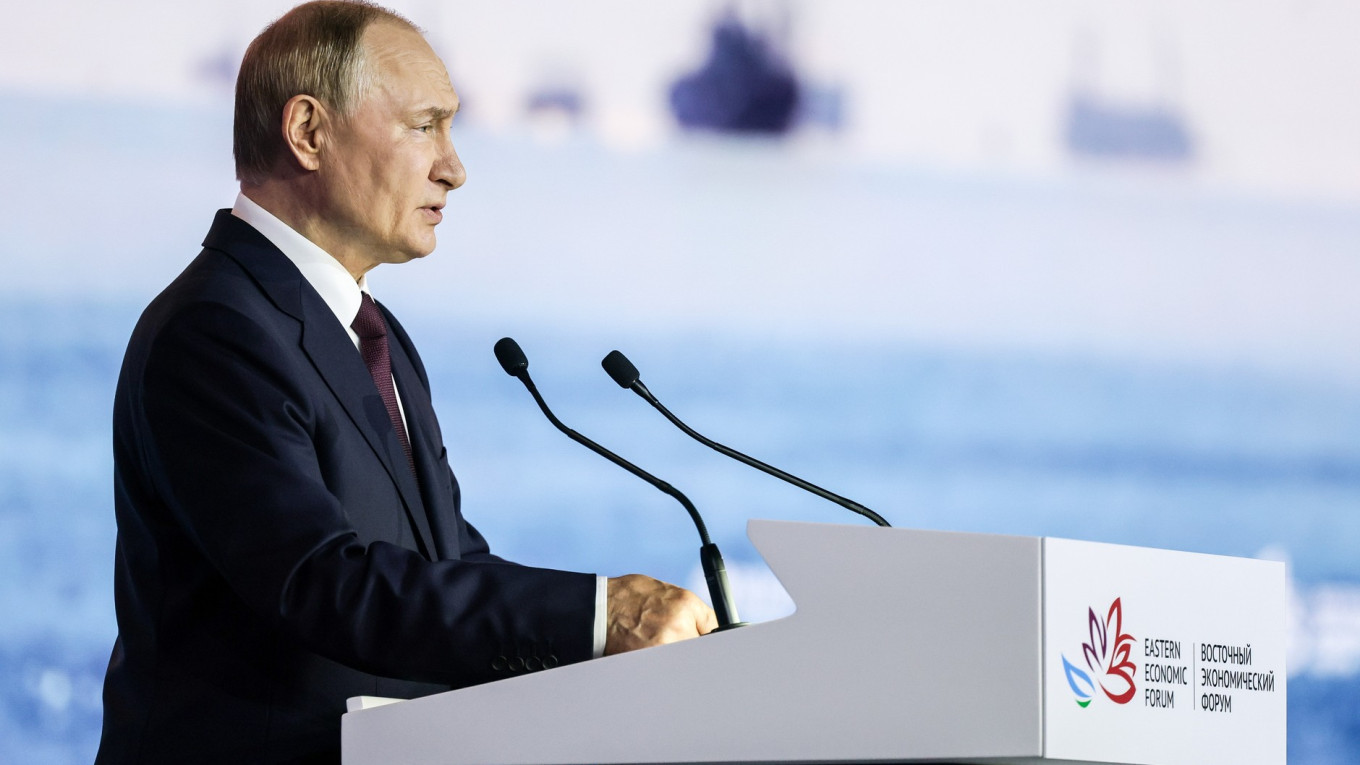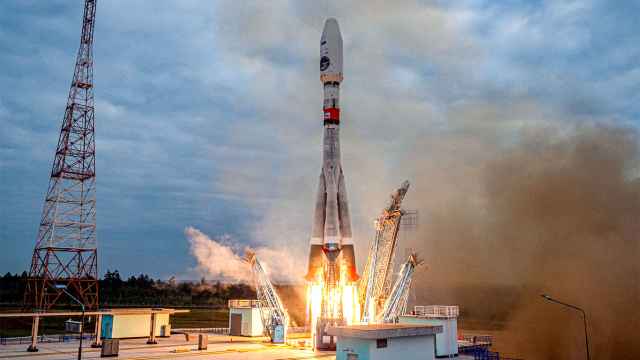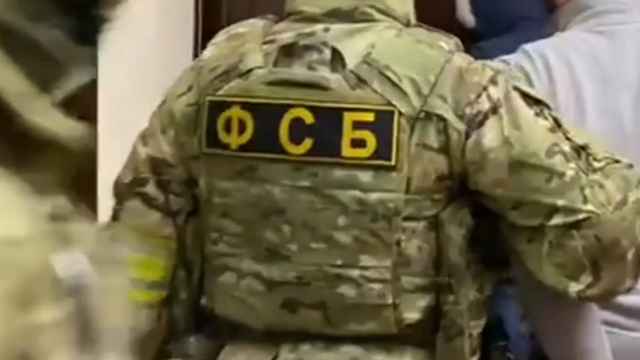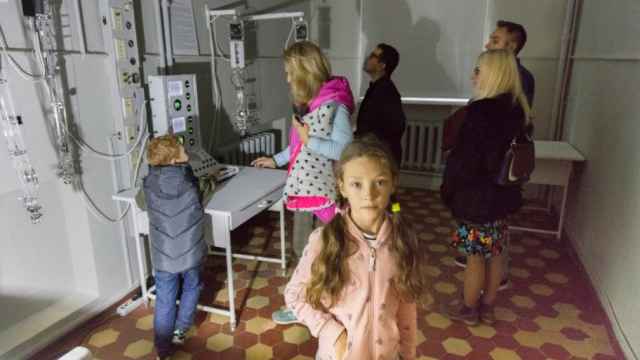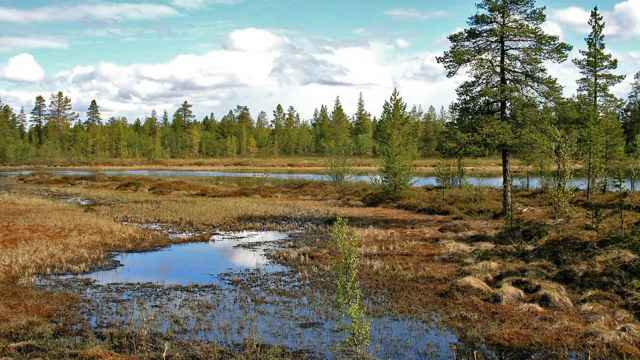Russia’s state science foundation has ramped up its support for medical research into aging and life extension in recent years, the exiled news outlet Novaya Gazeta Europe reported Friday.
The Russian Science Foundation (RSF), set up in 2013 to back basic and applied research, supported 43 projects on aging between 2021 and 2025 compared with just seven in 2016-2020, Novaya Gazeta Europe reported.
One of the projects to receive funding was led by President Vladimir Putin’s alleged daughter.
The foundation’s main grants currently range from 4 million to 7 million rubles ($47,000-$83,000) a year, with possible extensions. By comparison, the typical grant amount in 2017 ranged from 3 million to 6 million rubles ($36,000-$71,000).
By RSF’s own figures, minimum funding for aging-related projects rose from 21 million rubles ($250,000) in 2016-2020 to at least 172 million rubles ($2 million) in 2021-2025.
Most of the projects were awarded in 2021-2023, including studies on the role of innate immunity in aging and research linking brain and eye changes to Alzheimer’s disease.
In 2025 alone, five projects referencing aging received support, covering topics from stress-induced cellular senescence to changes in hypothalamic neuron activity.
At least one additional 2025 grant went to a project on cell renewal and healthy longevity led by Maria Vorontsova, who media reports have identified as Putin’s eldest daughter.
The exiled science outlet T-Invariant reported that Vorontsova’s application was approved under a program for “world-class scientific laboratories,” which carries awards of up to 30 million rubles ($357,000) — far larger than the RSF’s regular grants.
The outlet noted her citation index was significantly lower than that of other grant winners.
The RSF’s 2025 budget is about 40 billion rubles ($476 million), according to its website.
Putin, 72, has previously voiced interest in life extension and anti-aging science.
He and Chinese President Xi Jinping were caught on a hot mic discussing human longevity at a military parade in Beijing this month, with Xi predicting that humans could live to 150 years this century.
Putin replied that advances in biotechnology could allow people to “live younger and younger, and even achieve immortality.”
A Message from The Moscow Times:
Dear readers,
We are facing unprecedented challenges. Russia's Prosecutor General's Office has designated The Moscow Times as an "undesirable" organization, criminalizing our work and putting our staff at risk of prosecution. This follows our earlier unjust labeling as a "foreign agent."
These actions are direct attempts to silence independent journalism in Russia. The authorities claim our work "discredits the decisions of the Russian leadership." We see things differently: we strive to provide accurate, unbiased reporting on Russia.
We, the journalists of The Moscow Times, refuse to be silenced. But to continue our work, we need your help.
Your support, no matter how small, makes a world of difference. If you can, please support us monthly starting from just $2. It's quick to set up, and every contribution makes a significant impact.
By supporting The Moscow Times, you're defending open, independent journalism in the face of repression. Thank you for standing with us.
Remind me later.


